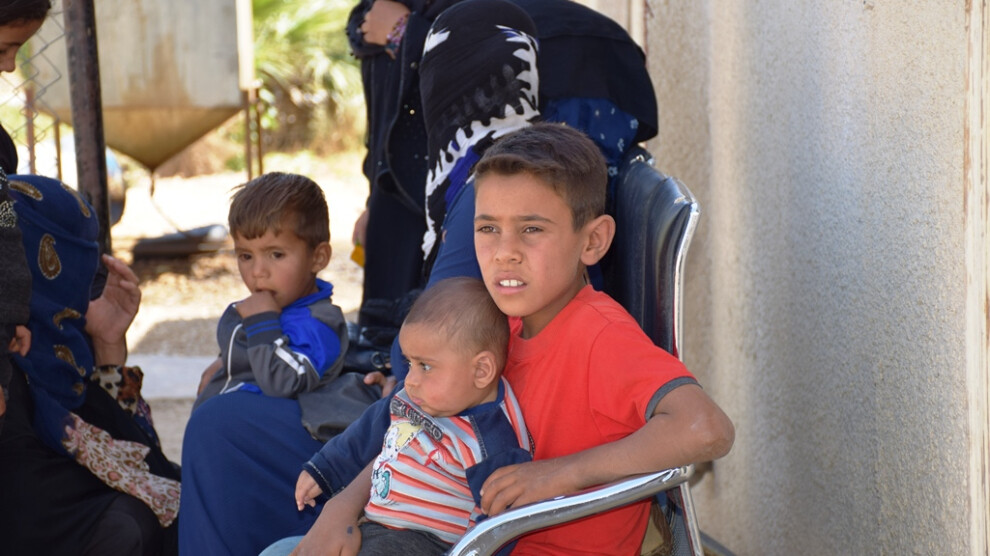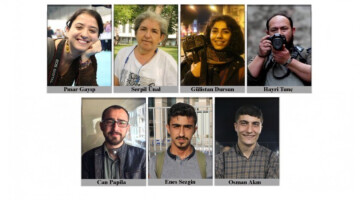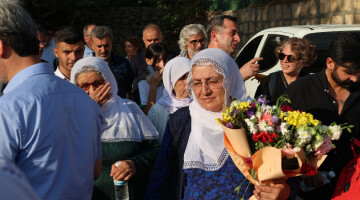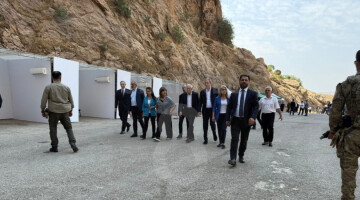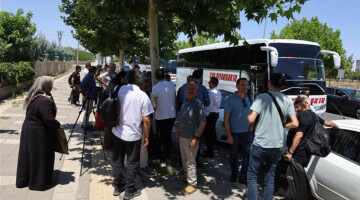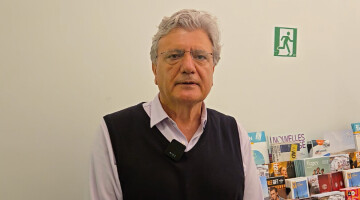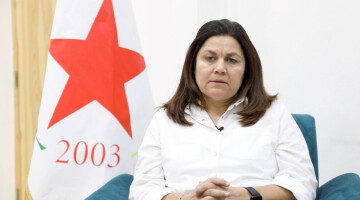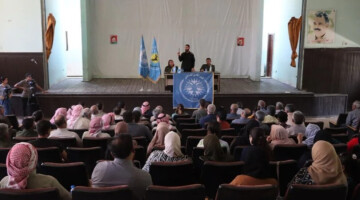After the invading Turkish state closed the Alouk Station, millions of people in Hesekê have been having great difficulty in accessing drinking water. The people, who say that this situation is unacceptable, face serious health problems as they use water supplied from the wells to limit the shortages.
Abud El-Tirki lives in the village of El-Becedliye, east of Shedadê. “There is very little water – he said – insufficient to meet our needs. The water is very dirty. There are cases of diarrhoea and poisoning in children. But we fear more serious health problems. The economic conditions are not very good anyway. That's why we can't get bottled water all the time. A bottle of drinking water is currently 500 Syrian liras. That's why we have to use the water from the wells, even if it is dirty.”
Besam Ibrahim added: “The water from the wells was purified at the Alouk Station. No one complained about the water. Since Alouk Station is closed at the moment, the water reaching us is very dirty. And therefore it causes diseases."
Ismail Hec Mihemed, Director of Shedade Public Health Center, said: “There is an increase in diseases with the arrival of the summer months. Generally, we encounter cases of poisoning resulting from drinking water. We intervene as much as we can, but it is difficult to cope with these problems which are becoming more common in children."
Stating that the water should be filtered, Hec Mihemed added that the water disinfected with chlorine is healthy and urged everyone to be more careful about the situation and take the necessary precautions.

